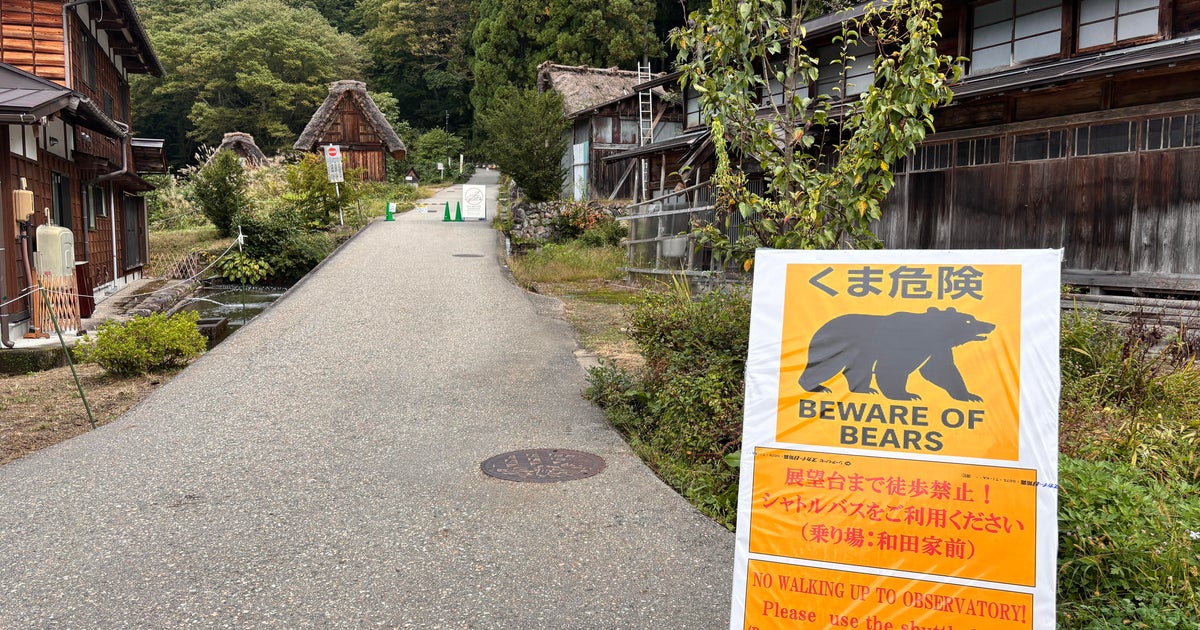I have a friend who attended a posh boarding school, some seven decades ago, and he’s been teaching me the correct way to ask for the salt. No way do you say: “Can you please pass the salt?” Instead, you address the person who is nearest to the salt and enquire: “Would you like the salt?”
At this point, they’re meant to say: “No, I’ve had some, thank you so much for asking. But would you care for some?”

Ray Liotta and Lorraine Bracco at the Copacabana in Goodfellas.Credit: Warner Bros
“Actually, yes,” you’d then say, using a tone of surprise as if your interest in salt had only formed once the kindly suggestion had been made. The salt would then be sent down the table. Hurrah!
Naturally, this lesson left me conflicted. I was torn between: “How ridiculous, why can’t these pathetic poshos get over their ridiculous, posho selves?” And a second thought: “Oh, goody, I might start doing this.”
Like most people of my generation, I had some terrible early run-ins with the world of etiquette. The parents of the 50s and 60s believed table manners were the world’s most important thing.
This was particularly intense in families like mine – families that would now be called “aspirational”, in that they came from poor backgrounds but hoped that they, and their offspring, could one day storm the citadel of social class. Manners, studied by the parents and then taught to the child, were a way of breaching the enemy’s defences.
When, very occasionally, guests came to dinner, we’d all be supplied with napkins. Or serviettes.
Certainly, my mother’s list of rules was long and sometimes baffling. She was particularly insistent that my arms were never left resting on the table. My hands should be neatly placed on my lap - this during any period in which I was not actively operating a knife and fork, the holding of which involved separate and similarly exacting rules.
“Why,” I now ask. “Was our dining table not strong enough to hold the weight of my five-year-old wrists?”
The answer remains unclear, although I have some memory that it involved elbows and the risk of injury to others.
Bread, my mother said, could not be cut with a knife; it had to be torn with the hands. Then again, those same hands couldn’t be used to handle a lamb chop; the job of extracting the meat that lay close to the bone was reserved for a knife, an implement ill-designed for the task.
All the same, only a “savage” would pick up a chop with their hands.
I was five. Then I was six, seven, eight and nine. The rules only became more intricate. Asparagus was to be eaten with the hands, but it would be beyond the pale to do the same thing with a green bean. The soup spoon should be scooped away from the body, while the dessert spoon is scooped in the opposite direction.
Don’t be angry if you are posh and I have this the wrong way around. Remember, I was only five.
When, very occasionally, guests came to dinner, we’d all be supplied with napkins. Or serviettes. I learnt that one term was correct, while the other was “common”. All these years on, I can’t remember which way around it went.
Loading
OK, I’ve now looked it up. The “posh” term is “napkin”, while “serviette” is “common”; just as “lavatory” is posher than “toilet” and “spectacles” posher than “glasses”. Keen to fool anyone who might guess her proletarian roots, my mother was never happier than when she could work all three into one sentence: “If you want to use the lavatory, just leave your napkin on the table, and you’ll spot the door through your spectacles.”
Now, in my 60s, I wonder how many of my mother’s rules I still obey. I pile peas onto my fork – using my fork “as a shovel”, her term – and I constantly rest my elbows on the table. I tip the soup bowl up to drink the last drops, and I always dip the bread in the sauce to soak up the last bits.
And, when in need, I make use of the toilet. Then sit on the lounge (rather than the sofa). Thank God she’s no longer around to see my antics through her spectacles.
OK, maybe one of my mother’s rules was fair enough. She always said: “Don’t talk when your mouth is full”, and I agree that it is unappealing.
Loading
So here I am, my mother’s child, with my one grandchild who is old enough to understand: “Pip,” I say, “don’t talk when your mouth is full.”
The only problem: I say this at lunch when we’re all tucking into schnitzel and my own mouth is full. Which leads to Pip’s response: “But Pa, you’re also talking with your mouth full.”
He’s right. I swallow and try again, but the damage has been done. My mother may be gone but she’s left a four-year-old gimlet-eyed representative.
Mind you, if Pip wants to talk about table manners, I’m happy to return the favour. As he spears another piece of schnitzel, I notice he’s sitting right next to the salt.
“Hey, Pip,” I say to him, “Would you care for the salt?”
Most Viewed in Lifestyle
Loading


















































